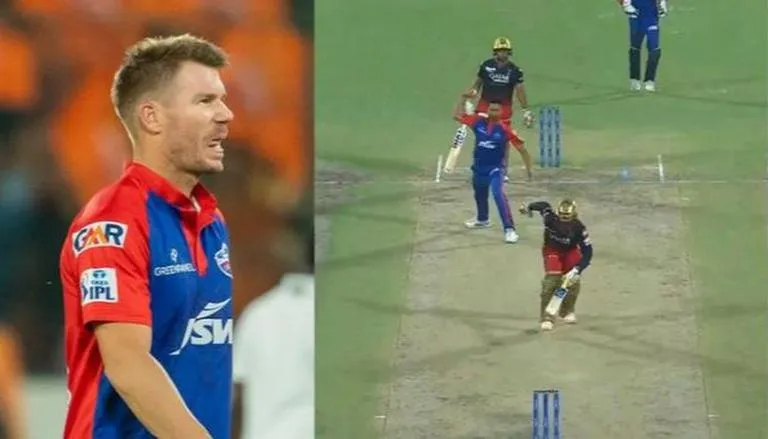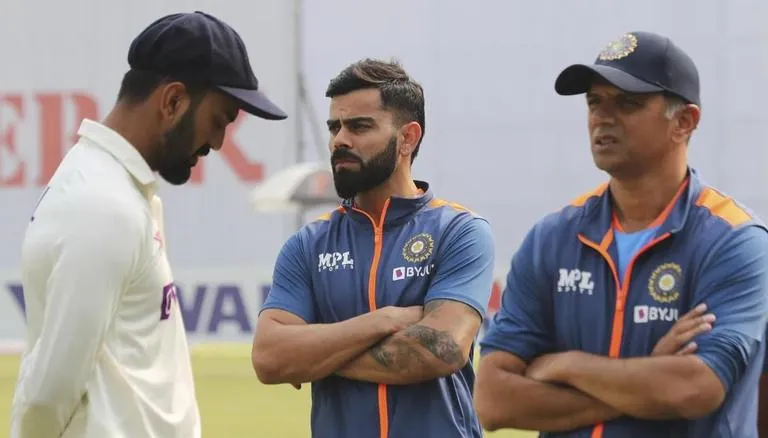2 More Former China Football Officials Under Investigation

Two more former Chinese football officials have been placed under investigation for corruption, growing a list of Chinese sports administrators suspected of unspecified illegal activities.
The latest to fall were former Chinese Football Association vice president Li Yuyi and ex-chairman of the Chinese Super League Company that runs the country’s top-flight professional league, Ma Chengquan.
Two-sentence official statements issued recently said they were suspected of “serious violations of laws and regulations,” and they were cooperating with authorities.
The statements said they were being investigated by the ruling Communist Party’s corruption watchdog, the sports ministry’s anti-graft body, and by disciplinary authorities in Hubei province south of Beijing. No details were given about the charges.
Speculation about their misdoings generally centers around embezzlement, the taking of bribes to award positions, and general abuse of power. Government statements have alluded to a lack of proper oversight but have offered few other clues.
Chinese investigators have wide powers to hold suspects for lengthy interrogations and pre-trial detention. Even once verdicts are rendered, however, many of the details are kept from the public.
Nearly a dozen serving and retired officials in football and sports administration are under investigation, including former national coach Li Tie — who once played in midfield for Everton and Sheffield United — to CFA president Chen Xuyuan.
Chen was also vice chair of the CFA’s Communist Party committee, underscoring the national leadership’s heavy hand in attempting to direct success in the game.
Perhaps the highest-profile official to fall is former deputy head of the General Administration of Sports, Du Zhaocai, a former vice president of the Asian Football Confederation and member of the FIFA council.
Communist Party leader Xi Jinping, who has extended his control into almost all areas of Chinese economic, social and political life, declared a plan to make China a football superpower that appears to have hit the buffers in a major way.
Under the yoke of party control, funding and enthusiasm have dwindled, China’s men’s team has failed to rise from its lowly rankings, and the Chinese Super League has run into financial problems.
At the same time, Xi has pursued his signature anti-corruption policy, taking down political rivals in the process.
Despite such hurdles, the CSL got underway last month for the first time since play was suspended at the end of the 2019 season amid strict COVID-19 control measures.





